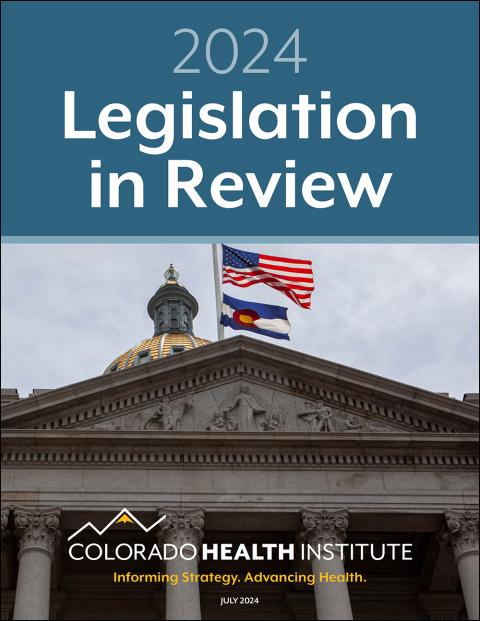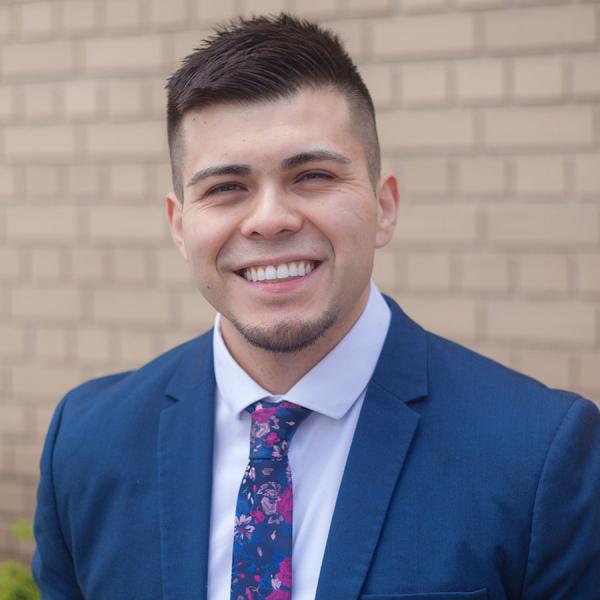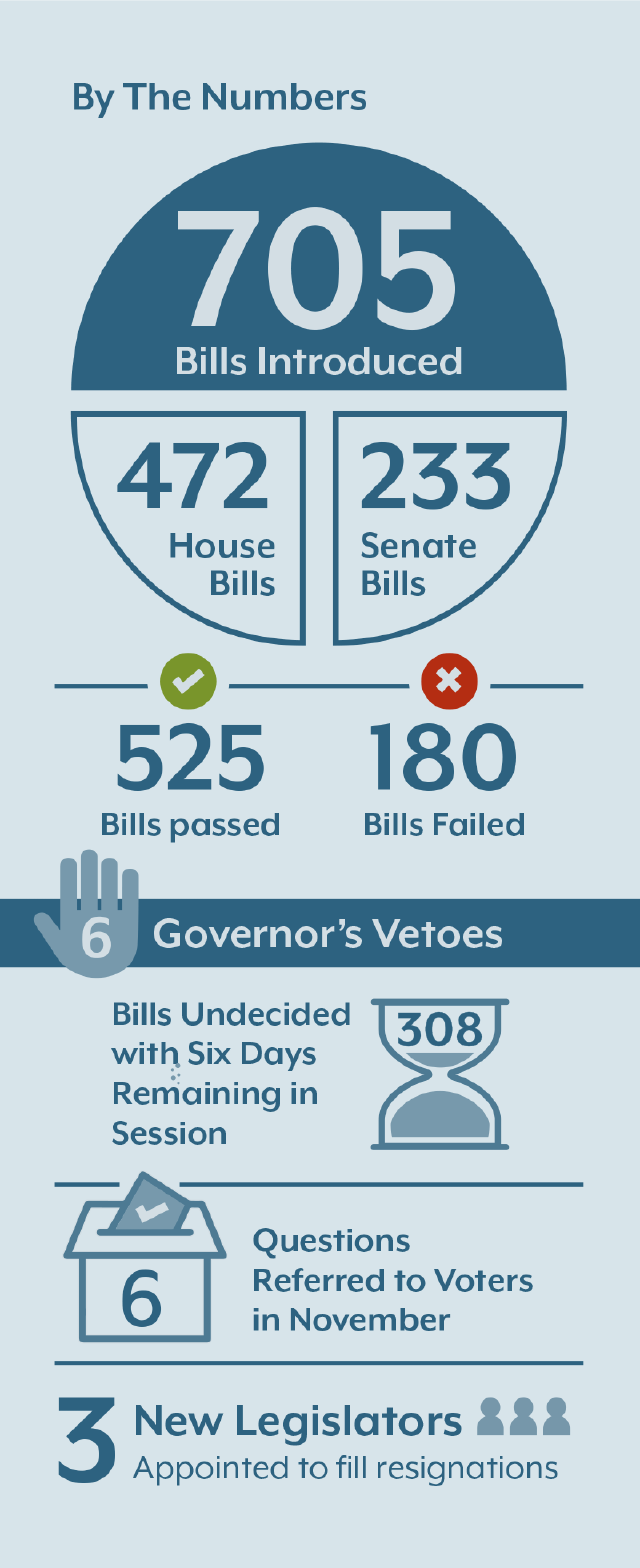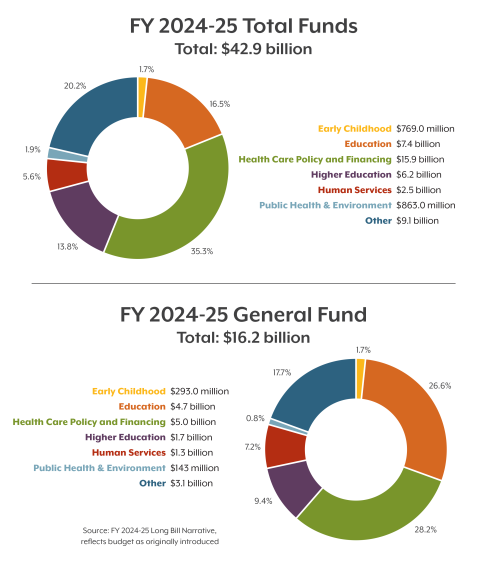The two sides agreed on SB 229 and 230, which introduce new fees on oil and gas production to fund public transit and improve air quality enforcement. SB 229 mandates the Colorado Department of Public Health and Environment (CDPHE) to propose rules on air pollution from drilling, requires a benchmark enforcement report, allows civil penalties for certain violations, and adds requirements for oil and gas permits. SB 230 requires oil and gas companies to pay fees to support clean transit initiatives, as well as wildlife and land remediation. Significant air quality monitoring measures, SB 165 and 166, were postponed indefinitely as part of the agreement. This deal is seen as a significant step toward balancing industry interests and environmental protection in Colorado.
Environmental Justice Legislation
Polis signed HB 1338 into law, aiming to address long-standing environmental injustices in Colorado. The bill directs CDPHE to implement recommendations from the Environmental Justice Action Task Force, created by law in 2021.
HB 1338 seeks to mitigate the effects of pollution on communities of color and low-income neighborhoods, ensuring cleaner air and healthier living conditions for all Colorado residents. The bill creates an Office of Environmental Justice at CDPHE. It also tells CDPHE to enhance pollution monitoring, establish a rapid response team to quickly investigate air quality complaints, and analyze the cumulative impact of pollution from all sources, particularly focusing on the state’s sole petroleum refinery in Commerce City.
Bipartisan Agreement on Water, Floodplains, and Wildfire
Water conservation was a priority for both sides of the aisle with the approval of 10 bills. Of note were HB 1379 and SB 197.
HB 1379, sponsored by Democratic House Speaker Julie McCluskie of Dillon and Republican Sen. Barbara Kirkmeyer of Weld County, will regulate dredge and fill activities in state waters. This bill seeks to reestablish protections for certain streams and wetlands following a 2023 Supreme Court decision that excluded them from the federal Clean Water Act.
SB 197, another bipartisan effort, will implement water conservation proposals endorsed by the Colorado River Drought Task Force, including expanding temporary water rights loans to the Colorado Water Conservation Board for environmental protection.
Legislators prioritized wildfire mitigation in the 2022 session, just after the Marshall Fire, the state’s most destructive in terms of houses burned. Two years later, mitigation is still a priority. Lawmakers passed a variety of wildfire mitigation-related bills, including HB 1024, extending wildfire awareness month outreach campaigns; HB 1006, establishing a navigator program to help rural communities to apply for wildfire grants; HB 1091, prohibiting restrictions on fire-hardened building materials in residential property; and HB 1315, mandating a study on the remediation of homes damaged by fire, focusing on smoke, soot, ash, and other contaminants, and recommending uniform standards.
While wildfires have been destructive in recent years, floods also pose a threat to the health and well-being of Coloradans. SB 179 requires local government floodplain management regulations to meet or exceed federal standards and ensures compliance with a floodplain management plan.
Funding Source for Passenger Rail
SB 184 introduces a new fee of up to $3 per day on rental cars to generate $58 million annually, supporting the development of a new passenger rail system along the Front Range and enhancing the state’s competitiveness for federal rail grants. (See CHI’s Health and Climate Policy Agenda for more on Transportation and Health.)







